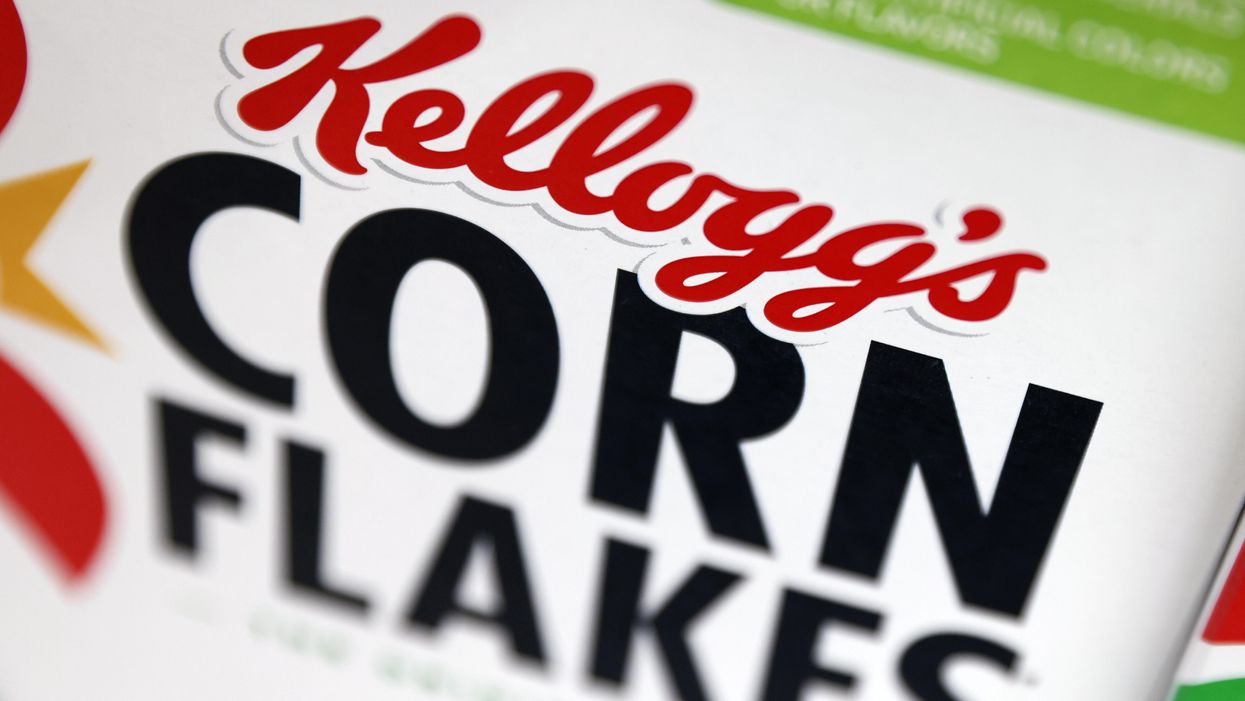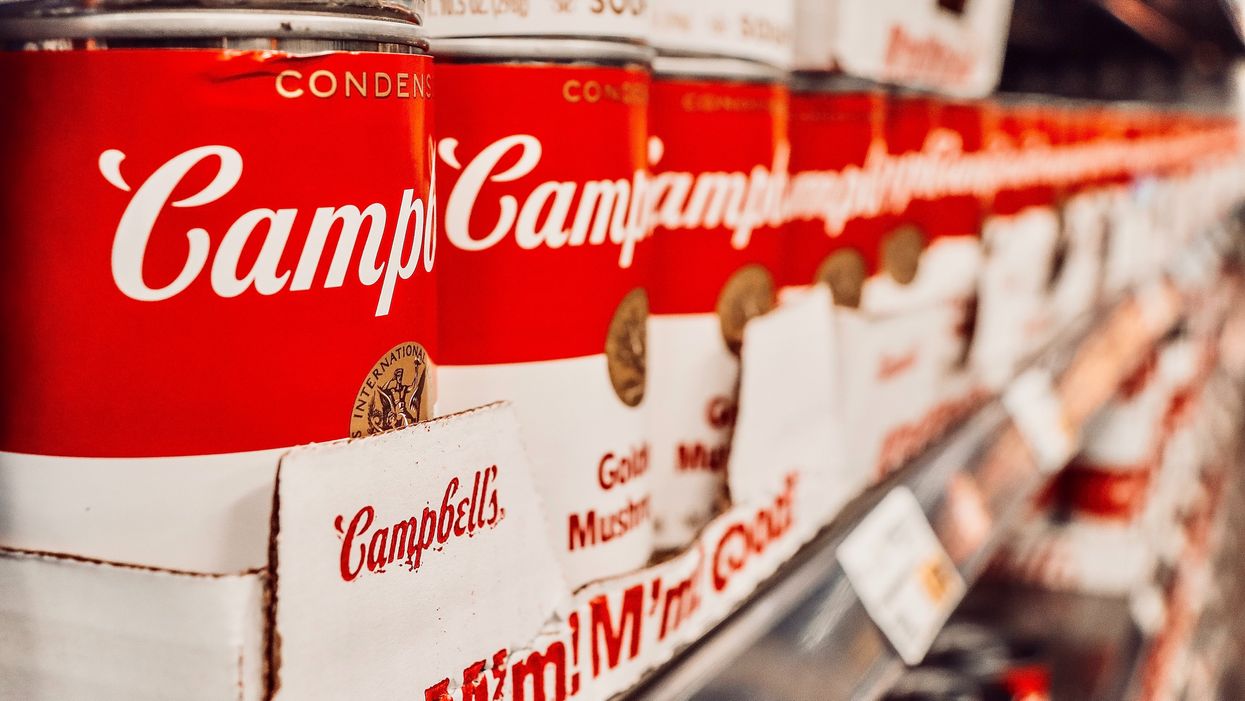(Reuters) -Snack and cereal giant Kellogg said on Tuesday it would split into three independent companies, in the latest U.S. corporate overhaul aimed at simplifying its structure and focusing on expanding its snack business.
Shares of the company, which began life in 1894 when W.K Kellogg created Corn Flakes and became known around the world for its breakfast cereals, jumped 6% in premarket trading.
The breakup of the Pringles, Cheez-It and Pop-Tarts maker would result in the creation of a global snacking business that would also house its international cereal and noodles brands and its North America frozen breakfast division.
The business brought in net sales of $11.4 billion in 2021, accounting for 80% of its total revenue.
Its North American cereal unit and plant based segment, which includes brands such as MorningStar Farms, will be spun off to its shareholders in a tax-free transaction, the Frosted Flakes and Froot Loops cereal maker said.
"These businesses all have significant standalone potential, and an enhanced focus will enable them to better direct their resources toward their distinct strategic priorities," Chief Executive Officer Steve Cahillane said.
The Battle Creek, Michigan-based company has in recent years focused on its global snacking portfolio, as sales of U.S. cereals have declined with more Americans taking to snacking and relying on fast-food chains for breakfast.
Most packaged-food companies, even those without a huge presence previously in the segment such as Hershey Co and Mondelez International Inc, are doubling down on the business through billion-dollar acquisitions.
The decision by Kellogg to split follows similar announcements by global conglomerates such as Johnson & Johnson and General Electric Co in the past year and underscores how big companies need to be nimble in their fight for market share.
Companies often split in an attempt to shed a so-called conglomerate discount, where the valuation is lower than the "sum of the parts" if the component businesses are run separately.
Kellogg expects the spinoffs to be completed by the end of 2023, adding that it was also exploring strategic options for its plant-based business including a possible sale.
The snacks business, which will be the biggest post the split, would be helmed by current top boss Cahillane.
The company said its North American cereal business and the plant-based focused company will remain headquartered in Battle Creek, Michigan. While the snacking-focused company will maintain dual campuses in Battle Creek and Chicago, Illinois.
"(The split) provides path for struggling U.S. cereal to regain focus. Also a path to sell MorningStar Farms," Credit Suisse analyst Robert Moskow said.
(Reporting by Deborah Sophia and Praveen Paramasivam in Bengaluru; Editing by Amy Caren Daniel and Anil D'Silva)












